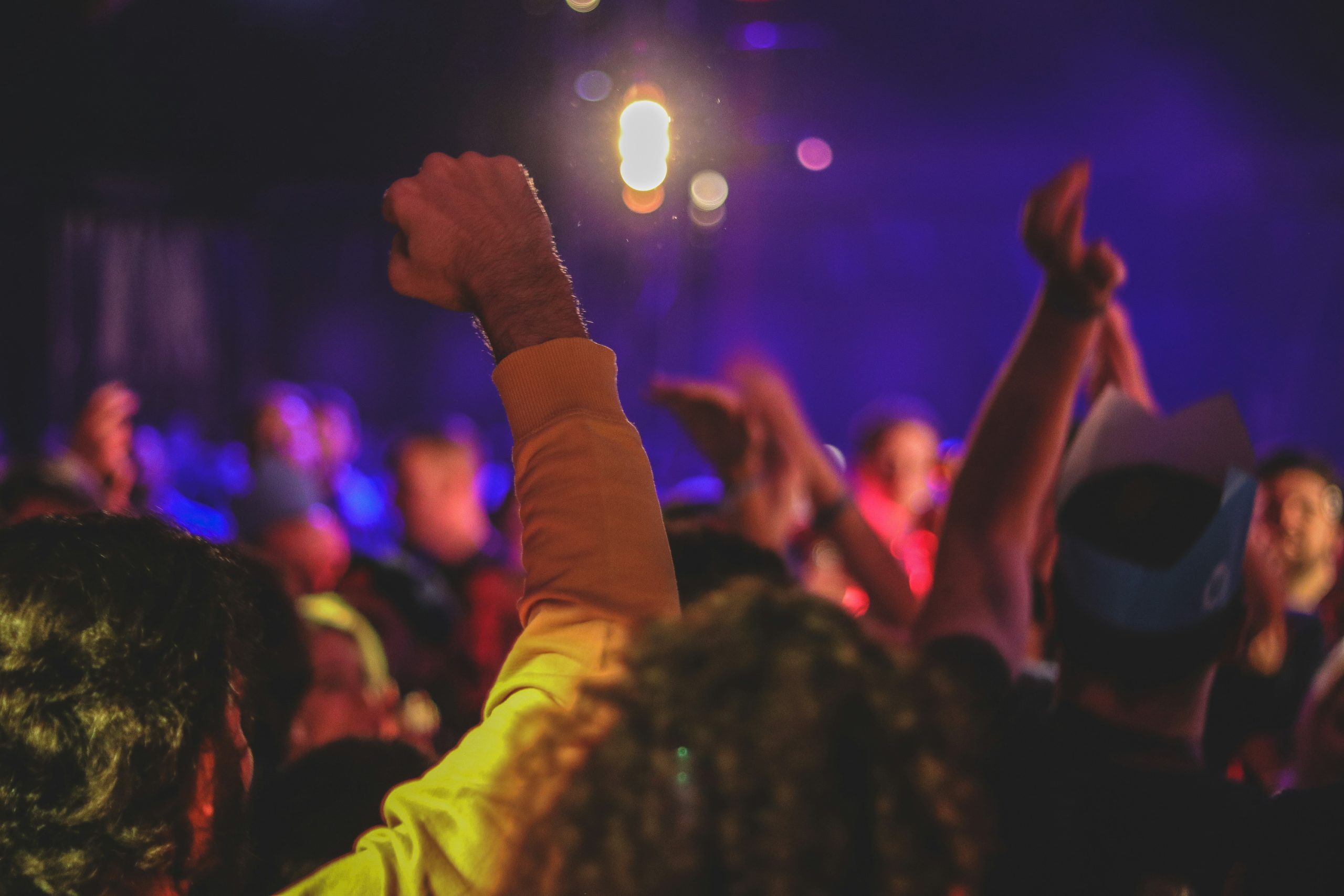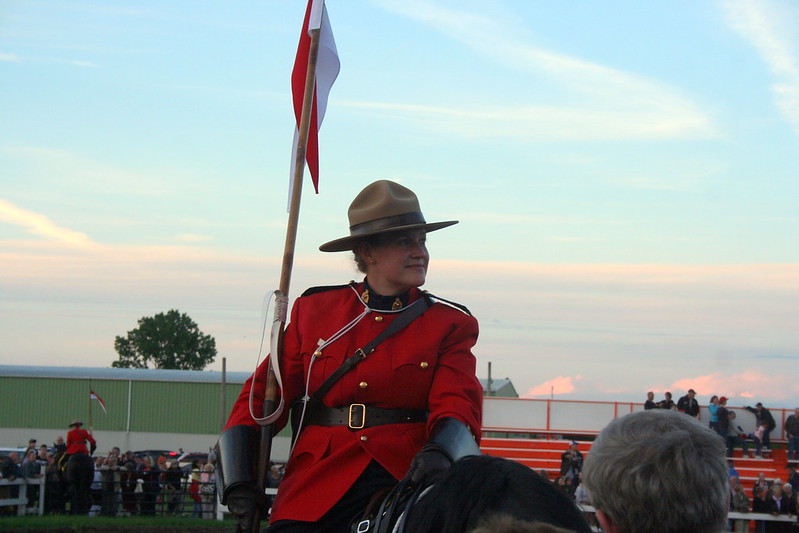Chapter 4: The Purpose of Slang

Warm-Up Questions

- In your experience, do teenagers and adults speak in the same way?
- What differences do you notice?
- Sometimes, the words that people say have different meanings. For example, you can say “FAM” to mean family, or it can mean your best friends. Do you know any terms with different meanings like this?
Read

Have you ever had the feeling that someone is saying something, but they actually mean something completely different? For example, if a party is “lit,” does this mean that the person is enjoying it, or that there are many lights? If something is “cool,” do they like it, or is it too cold? Both “lit” and “cool” are slang terms used to describe something positive. Slang, in general, is more than just words. Slang is a secret – or not-so-secret – code that connects generations and cultures. In the case of “lit” and “cool,” these are popular ways of indicating that something is great.
Slang is very common in verbal conversation, but less so in writing. It is often used by groups and individuals to establish and reinforce group identities or to exclude others. Typically, slang is popular with teenagers and adolescents. It can be used as a way of defining their own individuality by avoiding the way their parents speak. It is thought that the word originates from the word ‘sling,’ which means to throw, and that the vocabulary used in slang is quick and to the point.

Making slang words is often a very creative process, and it displays a large amount of playfulness and manipulation. Slang is often very short-lived; words are adopted and dropped very quickly. It is an essential part of establishing group identities and can be used to unify workplaces and protests. An excellent example of slang is seen in the word ‘groovy.’ It was originally used by musicians to describe the groove of a song and to indicate adequate playing. Then, in the mid-1960s, it was adopted by the ‘hippie’ movement, becoming a staple word in youth culture until it died out in the 1980s.

One of the main reasons that words are dropped and picked up so quickly is to maintain a specific group identity. Because slang is used to draw lines between others, if unwanted individuals begin to use the word, it will no longer be unique to the original group who adopted it. There are a variety of words that are used to describe the police, and they are often derived from different groups of people to describe law enforcement. A well-known word that is used to describe the national police in Canada is ‘Mounties.’ It is an abbreviation of the longer name, Royal Canadian Mounted Police. Even the word ‘cop,’ which is commonly used to describe a police officer, is slang. It is actually an acronym that stands for ‘constable on patrol.’ This word has another meaning in slang, however, as it can also be a verb that means ‘get’ or ‘acquire.’ It is common for slang words to evolve and take on different meanings than their original intentions.

Slang is an essential factor of all cultures and an important aspect of learning a new language. It allows individuals to become included in informal conversations and helps to achieve a sense of belonging. The next time you travel or pick up a new language, try to find out what kind of slang is popular in that area. It may lead to the discovery of a new song or movie or, better still, a new friend. If you’re curious about slang words and wish to look them up, the site Urbandictionary.com provides helpful definitions for all kinds of slang.
Comprehension Questions
Answer the following questions in complete sentences.
- What do the slang terms “cool” and “lit” mean?
- According to the article, what group of people use slang?
- What does the phrasal verb pick up mean in this sentence? “Next time you travel or pick up a new language, try to find out what kind of slang is popular in that area.”
- Do slang words change over time? Support your answer with an example from the article.
- How does email use A.I. to determine whether an email is spam or important?
- Why do people use slang? Support your answer with an example from the article.
- What are some slang words from your home language? Is there a good way to translate them into English?
- Is learning English slang important to you? Support your answer with two details or examples.
Vocabulary
Achieve
Adequate
Aspect
Culture
Define
Derive
Establish
Exclude
Identity
Indicate
Individual
Manipulation
Reinforce
Unify
Unique

Vocabulary Practice
Definitions Exercise
Practise identifying the correct definition for each of the target words.
Parts of Speech Exercise
Read the sentence and guess the part of speech. Turn the card to see if you are correct.
Synonyms Exercise
Drag and drop the synonyms. There are two groups of words.
Fill in the Blanks Exercise
Write in the correct word from the word bank.
Media Attributions
- man and two women standing near linked-chain fence by Eliott Reyna is licensed under the Unsplash license.
- people partying under disco light by Axville is licensed under the Unsplash license.
- people playing paints by Patrick Buck is licensed under the Unsplash license.
- Royal Canadian Mounted Police, Musical Ride, Stirling, Ontario, June 8 by Robert Taylor is licensed under CC BY 2.0.
- photography of five people near outdoor during daytime by Tim Mossholder is licensed under the Unsplash license.
References
Arizona State University. (2024). EdPlus Voiceover Generator [Voiceover audio generator].
Dictionary.com. (2024). Cop. In Dictionary.com. Retrieved December 20, 2024, from https://www.dictionary.com/e/slang/cop/
Microsoft. (2023). Copilot [Large language model].
Artificial Intelligence Disclosure
- Microsoft Copilot was used as a brainstorming tool for the activities in this chapter.
- The Arizona State University EdPlus Voiceover Generator was used to create the audio recording of the reading, vocabulary words, and parts of speech exercise. Adaptations include modification of speed and/or timing, and comping of output takes.
Culture - view the definition in the Longman Dictionary of Contemporary English Online [New Tab]
Individual - view the definition in the Longman Dictionary of Contemporary English Online [New Tab]
Establish - view the definition in the Longman Dictionary of Contemporary English Online [New Tab]
Reinforce - view the definition in the Longman Dictionary of Contemporary English Online [New Tab]
Exclude - view the definition in the Longman Dictionary of Contemporary English Online [New Tab]
Define - view the definition in the Longman Dictionary of Contemporary English Online [New Tab]
Manipulation - view the definition in the Longman Dictionary of Contemporary English Online [New Tab]
Unify - view the definition in the Longman Dictionary of Contemporary English Online [New Tab]
Indicate - view the definition in the Longman Dictionary of Contemporary English Online [New Tab]
Adequate - view the definition in the Longman Dictionary of Contemporary English Online [New Tab]
Identity - view the definition in the Longman Dictionary of Contemporary English Online [New Tab]
Unique - view the definition in the Longman Dictionary of Contemporary English Online [New Tab]
Derive - view the definition in the Longman Dictionary of Contemporary English Online [New Tab]
Aspect - view the definition in the Longman Dictionary of Contemporary English Online [New Tab]
Achieve - view the definition in the Longman Dictionary of Contemporary English Online [New Tab]

